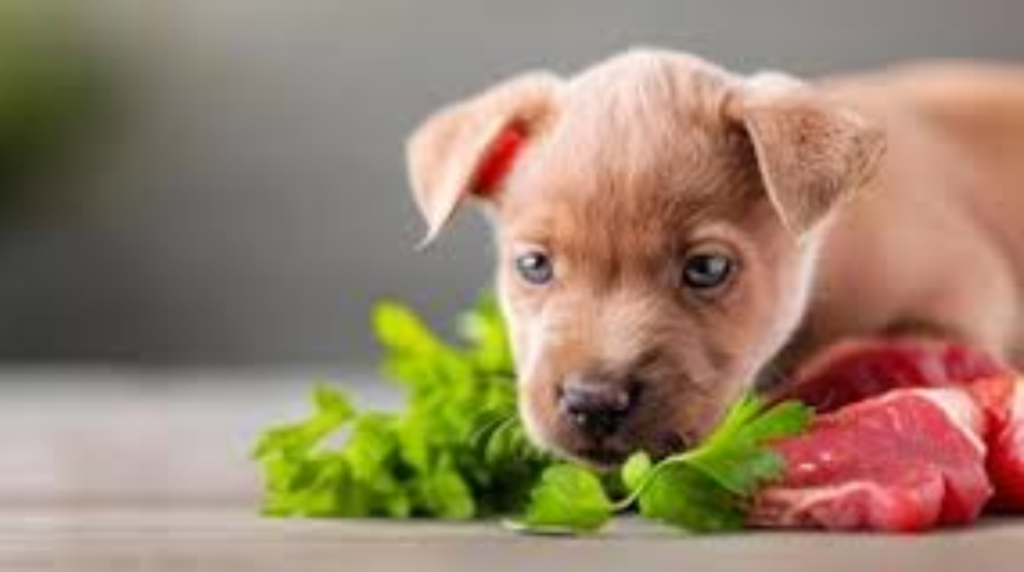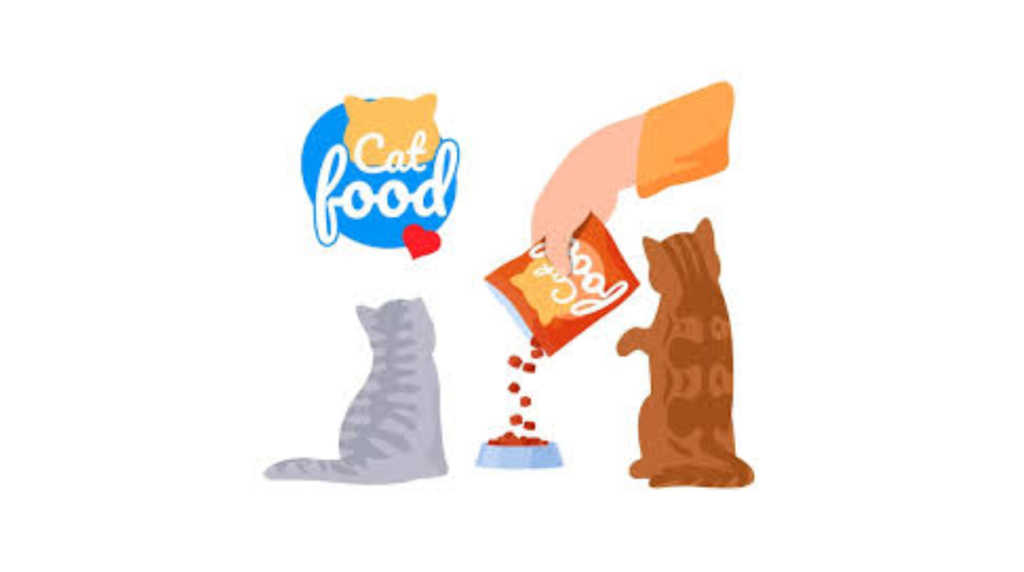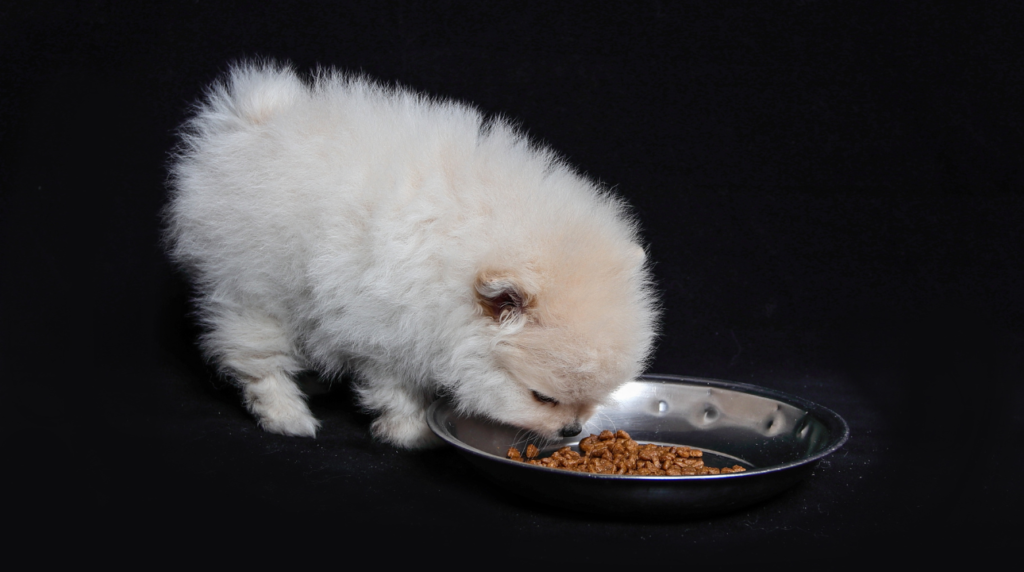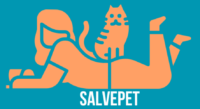Nutrition is one of the fundamental pillars of pets’ health and well-being. Just like humans, pets need a balanced and appropriate diet to meet their nutritional requirements. Pet nutrition plays a vital role in achieving this balance.
A healthy diet not only helps maintain ideal weight but also contributes to the proper functioning of organs, strengthens the immune system, and prevents diseases. Understanding the principles of pet nutrition can significantly impact your pet’s overall health.
Furthermore, adequate nutrition can influence behavior and the quality of life of pets, allowing them to live more active and healthy lives. This is why focusing on pet nutrition is essential for any responsible pet owner.
In this article, we will explore the importance of nutrition, the specific needs of pets at different life stages, and the differences between healthy foods and feeding practices that promote good pet nutrition.
We will also discuss how to choose the ideal diet, hydration needs, and the best feeding practices to ensure the long-term health of our furry friends. Understanding these issues is crucial for any pet owner who wishes to provide a long and healthy life for their pets.
Understanding Nutritional Needs

Pets, like humans, require a variety of nutrients to remain healthy. The main macronutrients include proteins, fats, and carbohydrates, while vitamins and minerals make up the micronutrients essential for optimal health.
Each of these nutrients plays different roles, making it essential that pets’ diets are balanced and tailored to their needs.
Proteins are particularly important as they help build and repair tissues. Fats, in turn, provide energy and are necessary for the absorption of vitamins. Carbohydrates, while not essential, can offer quick energy and are important for digestive health.
Additionally, vitamins and minerals are vital for various bodily functions, such as regulating metabolism and maintaining bone health. This is why a good understanding of pet nutrition is crucial.
Macronutrients
Proteins: Essential for growth and tissue repair, proteins are fundamental in pets’ diets. They are made up of amino acids, which play vital roles in metabolic processes. Pets, especially dogs and cats, require an adequate amount of high-quality protein to maintain muscle mass and overall health.
A deficiency in protein can lead to a range of health issues, including weight loss, muscle weakness, and compromised immune function. Choosing quality protein sources is crucial for proper pet nutrition.
Foods like lean meat, fish, and eggs are excellent options as they contain all the essential amino acids necessary for the animal’s body.
It is important to avoid foods that contain low-quality by-products, as these may not provide adequate nutrients. Consulting a veterinarian about the ideal amount of protein in your pet’s diet can help ensure they receive the necessary pet nutrition.
Fats: Fats provide concentrated energy and are necessary for the absorption of fat-soluble vitamins. Essential fatty acids, such as those found in fish oil, are also important for skin and coat health, as well as playing a role in the nervous system’s function.
Fat is an important part of the diet but should be consumed in moderation, as excess can lead to obesity and associated health problems. In addition to providing energy, fats help keep the skin and coat healthy.
Including omega-3 and omega-6 fatty acids in the diet can improve skin condition and reduce issues like dermatitis.
Therefore, when choosing a commercial food or preparing a homemade diet, it is essential to ensure that the fat source is of high quality and appropriate for your pet’s needs, which is a key aspect of good pet nutrition.
Carbohydrates: While not essential, carbohydrates can provide a quick source of energy. They also aid in digestive health, as many carbohydrate sources contain fiber, which is beneficial for gut flora.
Including carbohydrates in the diets of dogs and cats can help regulate the digestive system and provide satiety, which is especially useful for preventing obesity.
However, it is important to choose healthy carbohydrate sources. Whole grains, legumes, and vegetables are excellent options as they provide not only energy but also vitamins and minerals.
By avoiding processed carbohydrates and added sugars, you can help ensure your pet has a balanced and nutritious diet that supports good pet nutrition.
Micronutrients

Micronutrients, which include vitamins and minerals, are needed in smaller amounts but are equally essential for health.
Vitamins play varied roles, from maintaining vision to regulating metabolism. Minerals, such as calcium and phosphorus, are crucial for bone and dental health.
It is essential that pets’ diets contain a variety of vitamins and minerals to ensure that all bodily functions are adequately supported.
Vitamin deficiencies can lead to serious health problems. For example, a lack of vitamin A can result in vision issues, while calcium deficiency can cause bone problems.
Furthermore, the bioavailability of vitamins and minerals is important, as some nutrients need to be in a form that the animal’s body can absorb and utilize effectively.
Therefore, a balanced and varied diet is fundamental for the overall health of pets and essential for effective pet nutrition.
Differences Between Commercial and Natural Foods
When it comes to feeding pets, there are various options on the market, including commercial kibble and homemade meals. Each type has its advantages and disadvantages.
Commercial kibble is formulated to meet the nutritional needs of pets. They are convenient and usually include a balanced combination of nutrients.
However, it is important to choose quality products and read labels carefully, as not all kibble is the same. Some may contain artificial additives, preservatives, and low-quality ingredients.
Additionally, many pet owners may have concerns about the sourcing of ingredients used in commercial kibble. The transparency of brands regarding formulation and ingredient quality is essential for good pet nutrition.
Choosing trusted brands that have been tested and proven can make a significant difference in your pet’s health. Don’t hesitate to consult your veterinarian about which brands are recommended and suitable for your pet’s specific needs.
Commercial Foods
Commercial kibble is convenient and usually includes a balanced combination of nutrients. They are formulated to meet the nutritional needs of each life stage, from puppies to senior dogs.
Manufacturers often invest in research to develop formulas that help prevent common diseases and promote overall health in animals.
However, it is important to choose quality products and read labels carefully, as not all kibble is the same.
Some may contain artificial additives, preservatives, and low-quality ingredients. Be wary of terms like “premium kibble” or “superpremium,” which usually indicate higher quality, but it is always advisable to investigate further to ensure your choice aligns with pet nutrition principles.
Natural Feeding
Homemade feeding can be a healthy option, but it requires careful planning to ensure that all necessary nutrients are included. Some pet owners opt for raw or cooked diets, which can be beneficial as long as they are balanced.
A homemade diet must be well-planned, considering the macronutrients and micronutrients that the animal needs, as part of a proper approach to pet nutrition.
However, it is important to emphasize that homemade feeding is not suitable for all animals, and there may be risks involved, such as the possibility of an inadequate diet that does not meet the nutritional needs of the pet.
Therefore, it is always advisable to consult a veterinarian or a specialized animal nutritionist before transitioning to a homemade diet. They can help formulate a balanced and healthy diet that meets the specific needs of your animal while considering essential pet nutrition principles.
Age-Specific Feeding and Health Conditions
The nutritional needs of a pet vary throughout its life. Puppies, adult dogs, and seniors have different requirements that must be met to ensure optimal health. Understanding these differences is crucial to providing the appropriate nutrition at each stage of the animal’s life.
Puppies
Puppies need a diet rich in protein and calories to support their rapid growth and development. Puppy foods are formulated to meet these needs, containing specific nutrients that aid in bone and muscle development.
Proper growth during this phase is crucial, as it impacts the animal’s health and well-being throughout its life. Additionally, the introduction of solid foods should occur gradually, starting around four weeks of age.
It is important to observe the puppy’s acceptance of new foods and ensure that the transition is made smoothly.
Owners should be aware of potential food intolerances or allergies that may arise during this phase, always ensuring a balanced and appropriate diet that aligns with pet nutrition standards.
Adult Dogs Pet nutrition
Adult dogs require a balanced diet to maintain their weight and health. Nutritional needs vary based on the animal’s activity level, size, and breed. It is important to monitor your dog’s weight and adjust the diet accordingly.
High-fiber foods can be beneficial for aiding digestion and maintaining ideal weight. Active adult dogs may need a diet richer in calories and protein to support their activity levels.
Conversely, dogs leading a more sedentary lifestyle should have their caloric intake controlled to avoid weight gain.
Consulting a veterinarian can help determine the ideal amount of food and the best types of foods for each situation, ensuring proper pet nutrition.
Senior Dogs
As dogs age, their nutritional needs change. Senior dogs may have less energy and, therefore, require a different diet.
It is common for them to develop health problems, such as arthritis, kidney disease, or dental issues, which can affect their dietary needs.
Foods specifically formulated for senior dogs are usually designed to meet these needs, with lower caloric content and ingredients that support joint health.
Additionally, digestion can be a problem in older dogs, and including fiber in the diet can help regulate the digestive tract, further emphasizing the importance of pet nutrition for older pets.
It is important to maintain an open dialogue with the veterinarian about dietary changes as the dog ages. Keeping a balanced diet tailored to the animal’s needs can contribute to a healthier and more comfortable life in old age.
Hydration and the Importance of Water

Water is an essential component of a pet’s diet, often overlooked. Like nutrients, water plays crucial roles, including regulating body temperature, transporting nutrients, and eliminating toxins.
Pets should have constant access to fresh, clean water, as dehydration can lead to serious health issues.
It is important to observe the amount of water the animal drinks daily. Generally, a dog needs to drink about 50 to 100 ml of water per kilogram of body weight each day.
Owners should be alert to signs of dehydration, such as lethargy, dry gums, and decreased urination. On hot days or after intense exercise, it is crucial to ensure that the pet has enough water available.
Conclusion
Nutrition is a fundamental aspect of pet health and well-being. Providing a balanced diet tailored to the specific needs of each life stage is essential to ensure that our furry friends have a long and healthy life.
When choosing between commercial foods or a homemade diet, it is important to consider the quality of the ingredients and consult a veterinarian to ensure that all nutritional needs are met.
Investing in good pet nutrition is investing in your pet’s health and happiness. From puppies to senior dogs, each life stage requires special care regarding nutrition.
Maintaining an open dialogue with the veterinarian and being attentive to changes in nutritional needs can make all the difference in the quality of life for our beloved pets.
With an adequate and balanced diet, we can ensure that our companions have a healthy and active life by our side.
Frequently Asked Questions Pet nutrition
What is the importance of proper nutrition for pets?
Proper nutrition is fundamental to the health and well-being of pets. A balanced diet provides the necessary nutrients for growth, health maintenance, and disease prevention.
Essential nutrients such as proteins, fats, carbohydrates, vitamins, and minerals play crucial roles in bodily functions, such as strengthening the immune system, digestive health, and muscle development.
How do I choose the right food for my pet?
When choosing food, it is important to consider your animal’s age, size, breed, and activity level. Check if the food meets the specific nutritional needs for your pet’s life stage, such as puppy, adult, or senior.
Also, look for brands that offer transparency about ingredients and are recommended by veterinarians. If needed, consult a veterinarian for specific guidance on your animal’s diet, ensuring that pet nutrition is at the forefront of your decisions.
Is homemade feeding a good option for pets?
Homemade feeding can be a healthy option if it is well-planned and balanced. It is crucial to ensure that all necessary nutrients are included in the diet, emphasizing the principles of pet nutrition.
Consulting a veterinarian or a specialized animal nutritionist is highly recommended before adopting a homemade diet, to avoid nutritional deficiencies and ensure that your pet’s specific needs are met.
How often should I feed my pet?
The frequency of meals varies depending on your pet’s age and needs. Puppies generally need to be fed three to four times a day, while adult dogs can be fed once or twice a day.
Senior dogs may require adjustments to their diet and meal frequency. It is important to follow your veterinarian’s recommendations and observe your animal’s individual needs regarding pet nutrition.
What is the ideal amount of water my pet should drink daily?
The ideal amount of water a dog should drink varies, but in general, it is recommended that they ingest 50 to 100 ml of water per kilogram of body weight each day.
It is essential to ensure that your animal has access to fresh, clean water at all times, especially on hot days or after intense exercise.
Signs of dehydration, such as lethargy and dry gums, should be observed, and water intake should be monitored, always keeping pet nutrition in mind.
